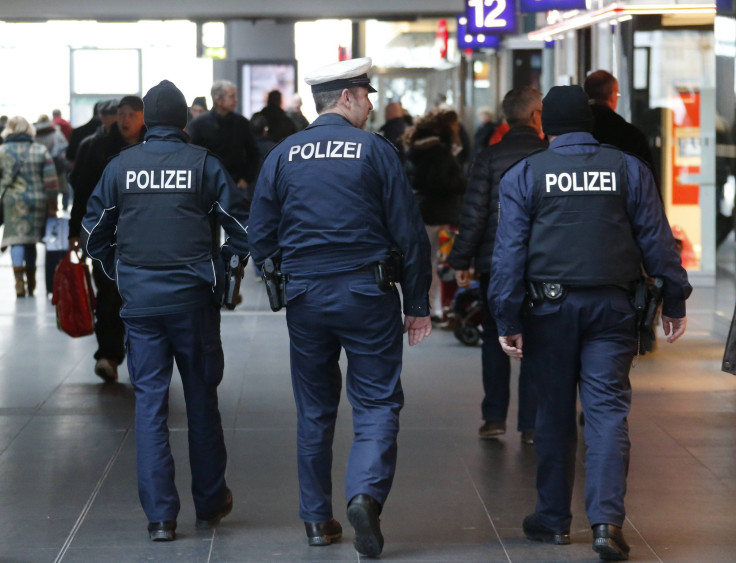European Terror Raids: German Authorities Arrest 2 Residents Suspected Of Training With, Plotting For ISIS

Two German men with suspected ties to the Islamic State group were in police custody Thursday after days of terror raids, Reuters reported. Officials say that though the pair did not have immediate plans to carry out any sort of attack, they had trained in Syria to fight a religious war.
Authorities identified the suspects as Mustafa C., 26, and Sebastian B., 27, who were both arrested during raids in North Rhine-Westphalia. They allegedly joined the extremist group Muhajirun Halab during recent visits to Syria, where they may have helped deliver food to fighters. Muhajirun Halab, or the Aleppo Migrants, later joined ISIS.
At the time of his arrest, Mustafa C. was allegedly readying "a seditious act of violence," prosecutors told the Wall Street Journal. He and Sebastian B. are just two examples of suspects who traveled to Syria or Iraq, joined militant organizations and returned to Germany. About 600 Germans have become members of jihadist groups, but only 180 came back to Europe afterward, Reuters reported.
The arrests come after weeks of heightened security in Europe because of the three Islamist extremists who were accused of killing 17 people over three days in France. Since Jan. 7, several European countries have conducted raids of suspected terror cells to prevent attacks. Last week, Germany arrested two men for allegedly recruiting and fundraising for ISIS, and France has arrested about a dozen people in counterterrorism raids, CBS News reported.
In Belgium, prosecutors have charged five people for participating in a terrorist organization in Verviers, CNN reported. Officials claim they were about to attack. Police were still looking for the terror cell's leader, who is thought to be 27-year-old Belgian-Moroccan militant Abelhamid Abaaoud.
Terrorism analyst Juan Zarate told CBS News that the France attacks were "a wake-up call" about fighters in Europe. "I think what authorities are most worried about now is that Paris really is an accelerant; that this is now motivating those who may or may not have been directed by foreign terrorist groups to now attack in place," he said. "And that's why you see this aggressive counterterrorism activity around the continent."
© Copyright IBTimes 2025. All rights reserved.





















